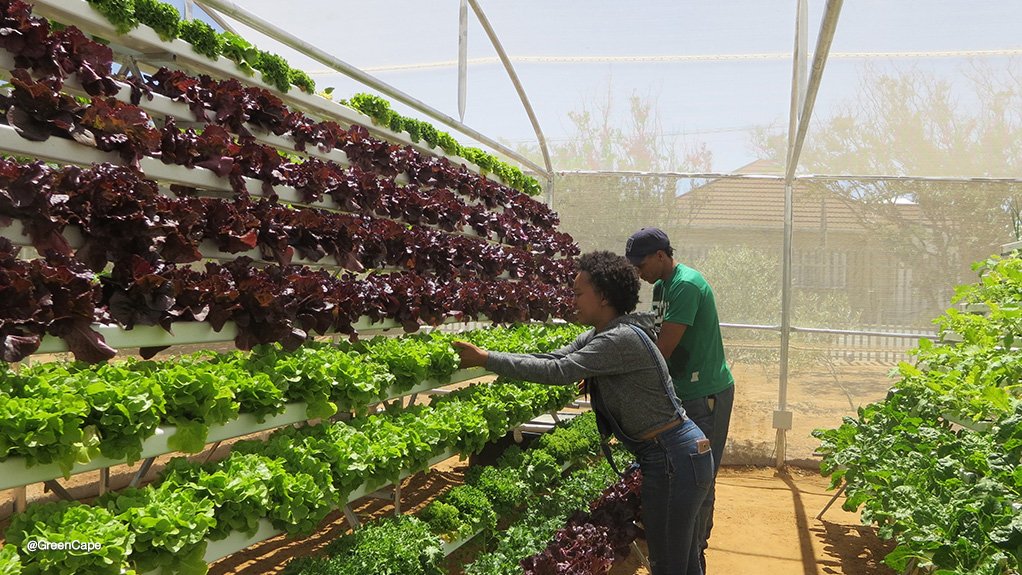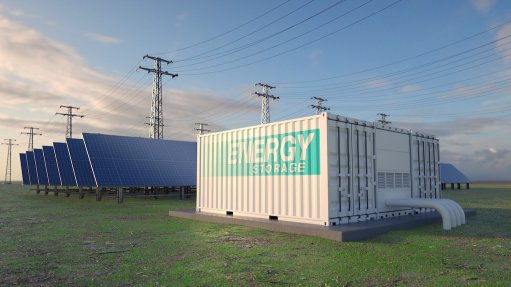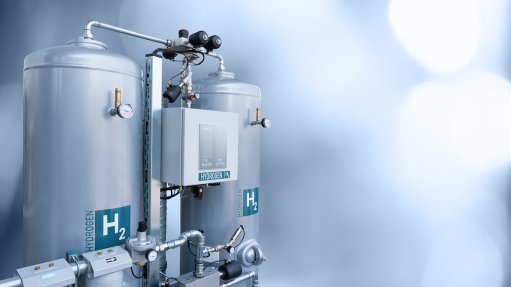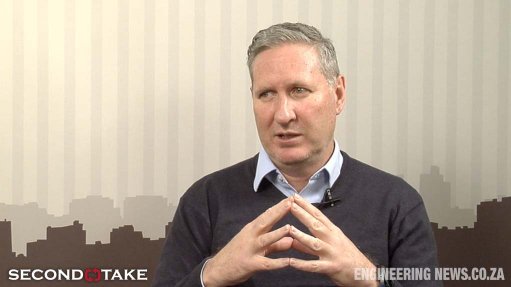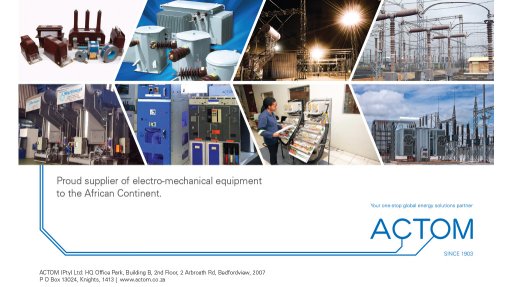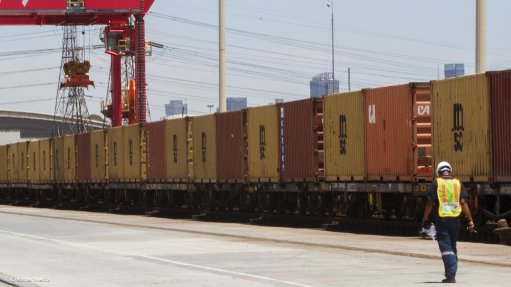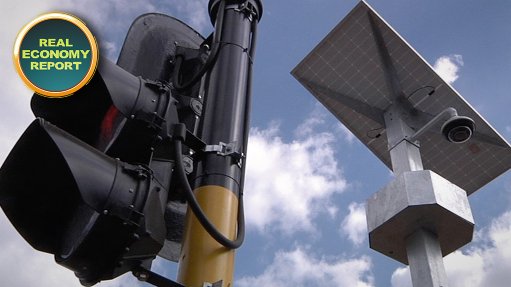Panel unpacks how tech is influencing successful farming ventures
As the world undergoes a revolution towards greener and more digitalised technology, and the need to feed almost ten-billion people by 2050 looms, there is consensus from experts speaking at Africa Agri Tech 2023 that farmers need to equip themselves with knowledge and plan for the future.
Industry body BerriesZA CEO Brent Walsh said the agricultural industry was at a critical point across the value chain, which necessitated farmers understanding their operations from land preparation to transport, and knowing what may impact on profitability under certain scenarios, over both a five-year and ten-year period.
He explained that the agricultural landscape had evolved to placing much more emphasis on relationships with stakeholders and what could help to shape and influence the ‘ideal’ operation.
To this end, farmers needed to plan, Walsh said, adding that this increasingly called for the accumulation and interpretation of data.
Citrus advisory First Fruits Consulting technical lead Tiaan Snyman agreed, stressing that, to implement technology is a journey, starting with measuring the basics, such as on irrigation means, patterns and intensity, as well as production.
Avocado and macadamia trader Red Sun Hortitech director Mark Hassenkamp highlighted that, not only were modern tools such as artificial intelligence and the Internet of Things necessary for increased yields and profitability, but also to manage the use of resources and get more value out of existing footprints.
He explained that in Europe, the main driver for adopting technology such as automated and mechanised machinery was the fact that it had less arable land and often more expensive or scarce resources, compared with South Africa, whose technology adoption drivers related more to increasing competitiveness and reducing operational costs.
Hassenkamp said eliminating food waste was another driver for technology adoption that was gaining traction, albeit at a slower-than-desired pace. He estimates that 40% of food produced globally gets discarded, which urgently requires a change in the way farmers grow crops that stay fresh for longer and how the supply chain operates.
He further mentioned that agriculture within itself could never be sustainable if the habits of consumers did not change. For example, he said people were extremely dependent on protein, fats and oils, which threaten sustainability.
“We will get to sustainability as an industry if people diversify away from animal proteins. We only use about 30% of the known genetic food sources on earth. We need to explore heritage and ancient grains that have not been commercialised.
“We need new ways to extract protein from plant sources. Sustainability also speaks to the use of pesticides and chemicals, which means we need to do more with less,” Hassenkamp noted, adding that technology would likely evolve more in this direction.
“I see us becoming better at extracting the nutrients we need and reconfiguring them to form foods of the future that will find their way to markets more efficiently.”
Hassenkamp is confident that the most profitable farmers will continue to embrace foods of the future, and recalibrate their operations to meet opportunities.
He pointed out that carbon capture or carbon storage technology would also become more prevalent, as farmers sought to monetise on carbon or reduce their carbon emissions further to be considered a sustainable operation by markets and consumers’ standards.
Weighing in on his view of technologies of the future, avocado farmer Allesbeste Boerdery director Zander Ernst says there was pressure on producers to make the right decisions for the next 20-odd years, keeping in mind that farming is multi-generational and climate changes were afore.
He considers it important for farmers to look at various data sources, from irrigation to soil moisture, plant health and weather patterns and get a holistic view of their operations, with the help of efficient software.
“To measure is to know,” Ernst said, noting that there was no shortage of real-time data that could be generated at any operation to inform better decision-making and planning.
Ernst added that there were many digital tools available today, but they were of no use if they did not complement each other and form part of an integrated management platform.
At Allesbeste Boerdery, in particular, the Ernst family has started developing cultivars for better frost and hail resistance, which is imperative in changing weather conditions across the country and globally.
Adding to this point, Walsh said data could help determine the right cultivar of crops to use within a certain microclimate. “What works at the farm next door might not work at home,” he stated, explaining that blueberries had a variety of genetics suited to various microclimates.
“Marrying genetics to farmers’ microclimate is key to growing the right size, sweetness and crunch of the product, while ensuring optimal yield and quality.”
Walsh explained further that considering the R2.5-million worth of investment necessary on one hectare of blueberry plantations, it was important to understand the operation fully using data gathering, and not make an expensive mistake by choosing the wrong cultivar.
The panellists agreed that high-value commodities required mitigating as much risk as possible by accessing accurate and relevant information, and using it properly.
For industries such as macadamias, data-gathering and research was even more important, since it helped establish a knowledge base in what was a young industry, noted Marquis Macadamias GM Alun Snyman.
Since it took 20 years to properly determine the yield of a macadamia tree, with the industry only being roughly 50 years old, Alun said we were still a long way from knowing the optimal planting densities and requirements for higher yields.
Currently, mature macadamia orchards yield 2.5 t/ha. Alun confirms there are multiple ongoing trials to determine what happens with 300 trees on a hectare, compared with what happens with 1 000 trees on a hectare.
This while the rate of pests is also increasing, having grown from about ten to 60 that are of real concern to macadamia plantations.
“Research into more resilient cultivars, although it takes a long time to develop, is essential. There is no quick fix to optimal farming operations,” Alun stated.
Africa Agri Tech 2023 is being hosted at the Sun Bet Arena, in Pretoria, from March 14 to 16.
Comments
Press Office
Announcements
What's On
Subscribe to improve your user experience...
Option 1 (equivalent of R125 a month):
Receive a weekly copy of Creamer Media's Engineering News & Mining Weekly magazine
(print copy for those in South Africa and e-magazine for those outside of South Africa)
Receive daily email newsletters
Access to full search results
Access archive of magazine back copies
Access to Projects in Progress
Access to ONE Research Report of your choice in PDF format
Option 2 (equivalent of R375 a month):
All benefits from Option 1
PLUS
Access to Creamer Media's Research Channel Africa for ALL Research Reports, in PDF format, on various industrial and mining sectors
including Electricity; Water; Energy Transition; Hydrogen; Roads, Rail and Ports; Coal; Gold; Platinum; Battery Metals; etc.
Already a subscriber?
Forgotten your password?
Receive weekly copy of Creamer Media's Engineering News & Mining Weekly magazine (print copy for those in South Africa and e-magazine for those outside of South Africa)
➕
Recieve daily email newsletters
➕
Access to full search results
➕
Access archive of magazine back copies
➕
Access to Projects in Progress
➕
Access to ONE Research Report of your choice in PDF format
RESEARCH CHANNEL AFRICA
R4500 (equivalent of R375 a month)
SUBSCRIBEAll benefits from Option 1
➕
Access to Creamer Media's Research Channel Africa for ALL Research Reports on various industrial and mining sectors, in PDF format, including on:
Electricity
➕
Water
➕
Energy Transition
➕
Hydrogen
➕
Roads, Rail and Ports
➕
Coal
➕
Gold
➕
Platinum
➕
Battery Metals
➕
etc.
Receive all benefits from Option 1 or Option 2 delivered to numerous people at your company
➕
Multiple User names and Passwords for simultaneous log-ins
➕
Intranet integration access to all in your organisation



